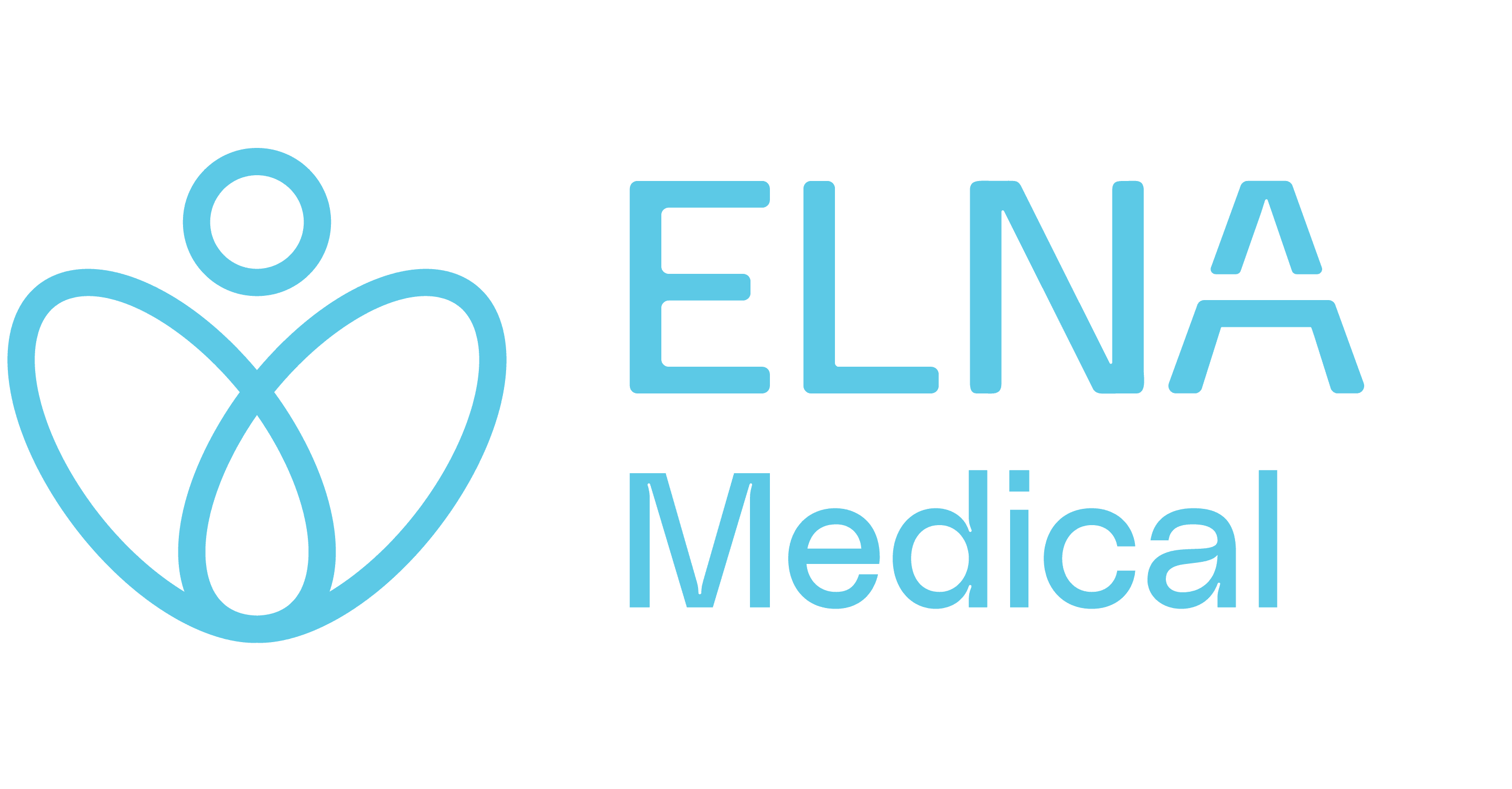Has your doctor prescribed a blood test as part of a check-up or to detect a possible disease? In our article, find out what to do before your appointment, what is the procedure and where to take your blood sample.
- What lab tests are performed?
- How to prepare for my appointment?
- Do I need to fast?
- How is a blood test done?
- Is it painful?
- When can I get the results?
- Appointment for a blood test
To find out more about blood sampling and other laboratory services, please contact our subsidiary CDL Laboratoires.
What tests are performed using blood samples?
Blood sampling is an invaluable tool for various medical analyses and diagnoses. Here are some of the common tests performed on blood samples:
- Complete blood count (CBC): This common test provides information on your general state of health. It analyzes the quantity and quality of red blood cells, white blood cells and platelets in the blood, as well as other parameters such as hematocrit and hemoglobin.
- Glucose test: important for diagnosing and monitoring diabetes.
- Cholesterol test (lipid panel): Helps determine your “good cholesterol”, “bad cholesterol” and triglyceride levels.
- Screening for STBIs (Sexually Transmitted and Blood-borne Infections): Some STIs, such as HIV and viral hepatitis, can be detected by blood testing. Other STIs require urine testing or other types of sampling.
- Genetic testing: Genetic mutations are detected using DNA present in the blood, in order to screen for certain cancers, cardiovascular diseases or other pathologies.
- Prenatal screening: Performed on pregnant women, a prenatal screening test can detect trisomy 21, trisomy 18 and trisomy 13 in a future baby, as early as 10 weeks into the pregnancy.
- Drug and alcohol screening
- Food and environmental allergies
These examples represent only a fraction of the tests that can be performed on a blood sample. Depending on clinical needs, other more specific tests may also be performed. Talk to your doctor or laboratory professional.
How to prepare for your appointment?
Proper preparation for a blood test can help make the experience more comfortable and ensure accurate results. Here are a few steps you can take to anticipate and get ready for your appointment:
- Stay sufficiently hydrated: Although fasting may be required for some analyses (see next chapter), it is generally recommended to drink enough water before blood sampling. This will increase the volume of blood in the veins and facilitate sampling.
- Avoid stimulants: Coffee, energy drinks, alcohol, cigarettes and drugs can alter results, even if consumed 24 hours beforehand. Please seek the advice of a healthcare professional.
- Wear comfortable clothes: Choose comfortable clothes that allow easy access to the arm (short or loose sleeves), as blood sampling is generally done at the elbow crease.
- Bring your medical information: Don’t forget your prescription and your public and private health insurance card!
- Relax: If you have any fears or apprehensions about blood sampling, try some breathing exercises and talk to the person taking the sample. They’ll be able to reassure you and explain the process.
Don’t hesitate to ask a healthcare professional for recommendations adapted to your test or situation.
Do I need to fast before a blood test?
Some blood tests require fasting, but not all! Eating can influence levels of glucose, lipids and other substances in the blood, affecting the accuracy of test results. Fasting provides more stable and reliable measurements for these parameters. For example, the glucose test requires fasting, but the blood count does not.
Only a healthcare professional (doctor, nurse, laboratory personnel, etc.) can provide you with fasting instructions. This may involve not eating or drinking (except water) for a specific period before the appointment.
If your doctor has not advised you to fast, eat a meal balanced in proteins and sugars to limit the risk of discomfort during sampling.

How is a blood test done?
Blood samples must be taken at a test center or blood collection center. Some private laboratories, such as CDL Laboratories, also offer blood test service at-home.
After checking your identity and the test to be taken, the laboratory technician or nurse will seat you comfortably in a dedicated room. You can indicate on which arm you would like the sample to be taken. A tourniquet is placed above the elbow to draw out the veins on the inside of the elbow. Once the vein area has been disinfected, a sterile single-use needle is used to collect the necessary blood samples. The amount of blood taken is very small and has no risk to your health.
Once the sample has been taken, the healthcare professional applies a bandage to the puncture site, which you can press for 1-2 minutes. Samples are then labelled and sent to the laboratory for analysis.
Is it painful?
The process is usually quick and very painless. You may feel a stinging or burning sensation at the puncture site, followed by a small bruise. Side effects are very rare, but if you feel any slight discomfort, speak to your professional.
How long does it take to get lab test results?
If you have your sample taken at a public analysis center such as a hospital, waiting times for an appointment can be quite long.
If you don’t want to wait, it is also possible to have blood samples analyzed by private laboratories such as CDL Laboratoires, capable of delivering results within 24 hours for most tests, and within a few days for certain analyses such as prenatal screening.
Appointment for a blood test in Montreal
Need an appointment for a blood test in Montreal, Pointe-Claire, Pierrefonds or Ville Saint-Laurent? CDL Laboratories, a subsidiary of the ELNA Medical Group, offers private medical laboratory services in the Greater Montreal area, including laboratory sampling and analysis, and many other tests.














